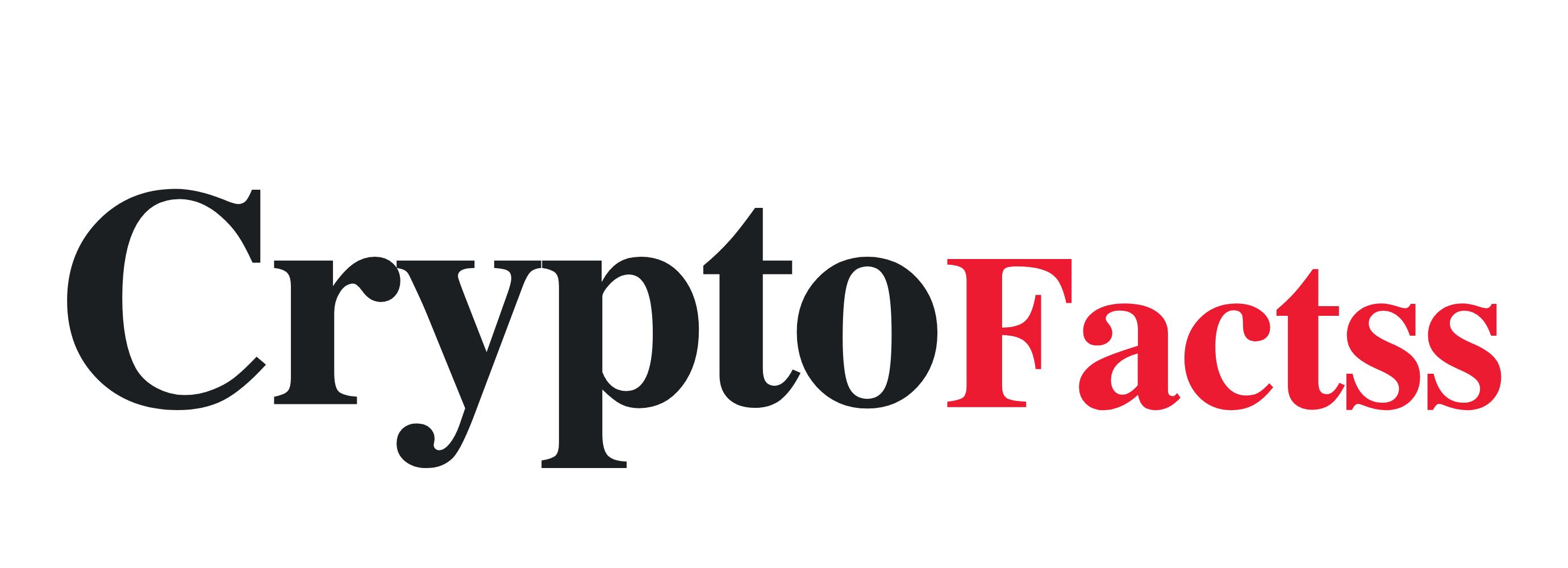
Cryptocurrency Rules and Regulations Around the World
- By admin --
- Thursday, 18 Jul, 2024
As cryptocurrency utilization will increase, so too do cryptocurrency policies round the arena which might be put in area to govern them. The crypto landscape is continuously evolving and keeping up to date with the policies in special international territories isn’t easy.
To assist you navigate the array of cryptocurrency regulations round the world, their legislative attitudes and the activities related to them, we’ve put together this guide. Learn how one-of-a-kind nations technique coin and trade regulation and in the event that they have any upcoming legislation that may regulate their method to cryptocurrencies.
Cryptocurrency guidelines around the sector: United State
While it's miles difficult to find a regular felony approach at the kingdom degree, america keeps to progress in developing federal cryptocurrency rules. The Financial Crimes Enforcement Network (FinCEN) does now not do not forget cryptocurrencies to be prison tender however considers cryptocurrency exchanges to be money transmitters on the idea that cryptocurrency tokens are “other price that substitutes for forex.” The Internal Revenue Service (IRS) does now not don't forget cryptocurrency to be legal gentle but defines it as “a virtual illustration of price that functions as a medium of trade, a unit of account, and/or a store of fee” and has issued tax guidance as a result.
Exchanges
Cryptocurrency exchanges are prison in the United States and fall beneath the regulatory scope of the Bank Secrecy Act (BSA). In exercise, which means cryptocurrency change carrier vendors have to check in with FinCEN, implement an AML/CFT software, preserve suitable information, and publish reports to the authorities. Meanwhile, the USA Securities and Exchange Commission (SEC) has indicated that it considers cryptocurrencies to be securities, and applies securities legal guidelines comprehensively to digital wallets and exchanges. By contrast, The Commodities Futures Trading Commission (CFTC) has followed a friendlier, “do no harm” technique, describing Bitcoin as a commodity and permitting cryptocurrency derivatives to change publicly.
In reaction to suggestions published by means of FATF in June 2019, FINCEN made clean that it expects crypto exchanges to conform with the “Travel Rule” and gather and share facts about the originators and beneficiaries of cryptocurrency transactions. It locations virtual foreign money exchanges in the same regulatory class as conventional cash transmitters and applies all the same policies, consisting of the ones set out inside the Bank Secrecy Act – which has mounted its personal version of the Travel Rule. In October 2020, FINCEN released a Notice of Proposed Rulemaking (NPRM) on modifications to the Travel Rule, signaling the introduction of recent compliance duties for cryptocurrency exchanges.
Future law
The US Treasury has emphasized an pressing want for crypto guidelines to combat international and home criminal activities. In December 2020, FINCEN proposed a brand new cryptocurrency law to impose information series necessities on cryptocurrency exchanges and wallets. The rule is predicted to be carried out by Fall 2022, and could require exchanges to publish suspicious pastime reviews (SAR) for transactions over $10,000 and require wallet proprietors to pick out themselves when sending greater than $three,000 in a single transaction.
The Justice Department continues to coordinate with the SEC and CFTC over destiny cryptocurrency policies to ensure powerful customer protection and extra streamlined regulatory oversight. In 2021, the Biden management grew to become its attention to stablecoins, with a view to address the risk of the tokens’ boom in price. Later that year, the President’s Working Group on Financial Markets released a series of tips that blanketed a want for brand spanking new law. Congress also debated the fame of cryptocurrency service vendors in 2021, with new policies included within the Biden administration’s infrastructure bill. Under the new policies, cryptocurrency exchanges are appeared as brokers and have to observe the relevant AML/CFT reporting and report-preserving responsibilities.
Cryptocurrency policies around the sector: Singapore
In Singapore, cryptocurrency exchanges and trading are criminal, and the town-kingdom has taken a friendlier role on the difficulty than some of its nearby acquaintances. Although cryptocurrencies are not taken into consideration a legal smooth, Singapore’s tax authority treats Bitcoins as “items” and so applies Goods and Services Tax (Singapore’s version of Value Added Tax). In 2017, the Monetary Authority of Singapore (MAS) clarified that, while its role was no longer to regulate digital currencies, it might regulate the difficulty of virtual tokens if the ones tokens were categorized as “securities”.
Although it has taken an even-handed technique, in 2020 MAS issued warnings to the public of the risks of making an investment in cryptocurrency products. In 2022, MAS bolstered that warning, issuing hints to crypto carrier vendors that efficiently prohibited the commercial of their offerings to the public.




